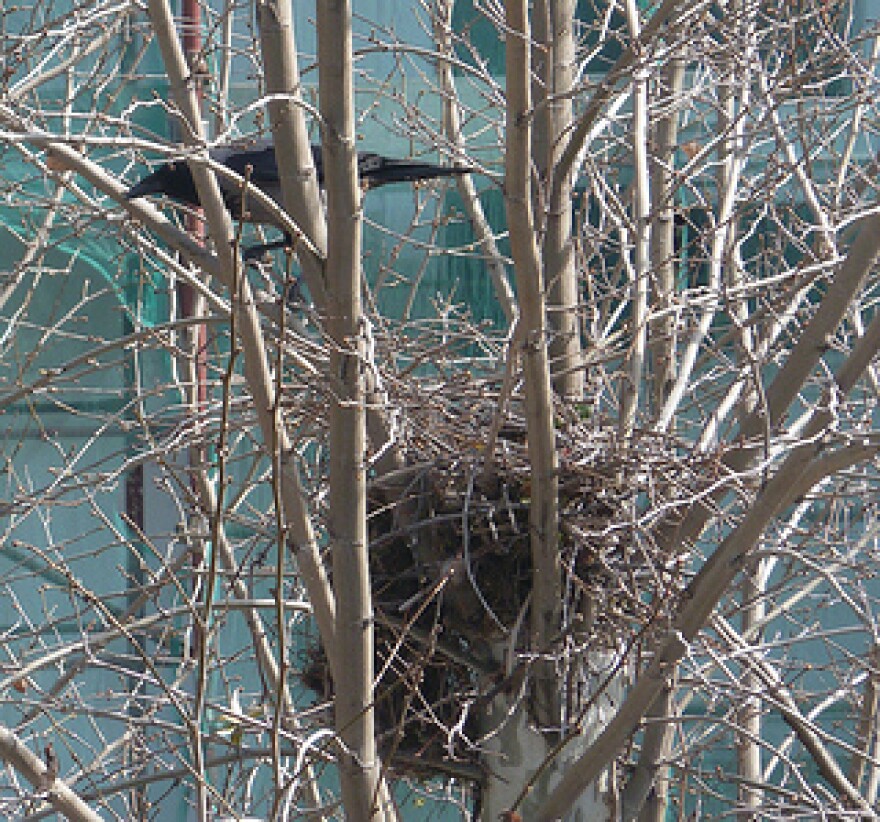Poor Will’s Almanack for the fourth week of Early Spring.
When lilac and mock orange buds are glowing defiantly against the gray sky, Virginia bluebells always push out from their hillsides. Raspberry and rose bushes are developing fresh leaves. Wild onions are getting lanky. Everything is growing back: Jacob's ladder, ragwort, spring beauties, wood mint, ground ivy, catchweed, moneywort, waterleaf, sweet rockets, leafcup, hemlock, parsnip and garlic mustard. Skunk cabbage is red, fat, and blooming in the swamp flats.
Chickweed and dandelions flower in the woods. Earliest henbit blossoms in the gardens. Lamb's quarter sprouts in the waysides. The pods of last summer’s dogbane open in the fields. Ducks arrive in their mating plumage. White tundra swans reach Lake Erie as wolf spiders hatch in the brown fields.
Starlings and crows continue to pair off and select nesting sites. Bobwhites call, and the male titmouse spirals in his mating frenzy. The first mosquitoes may be ready to bite, and the most dramatic change of all occurs when enough robins have assembled to make their mating chorus heard in the early morning darkness.
This is Bill Felker with Poor Will’s Almanack. I’ll be back again next week with notes for the fifth week of Early Spring. In the meantime, get up before the sun and listen for the great robin chorus.



